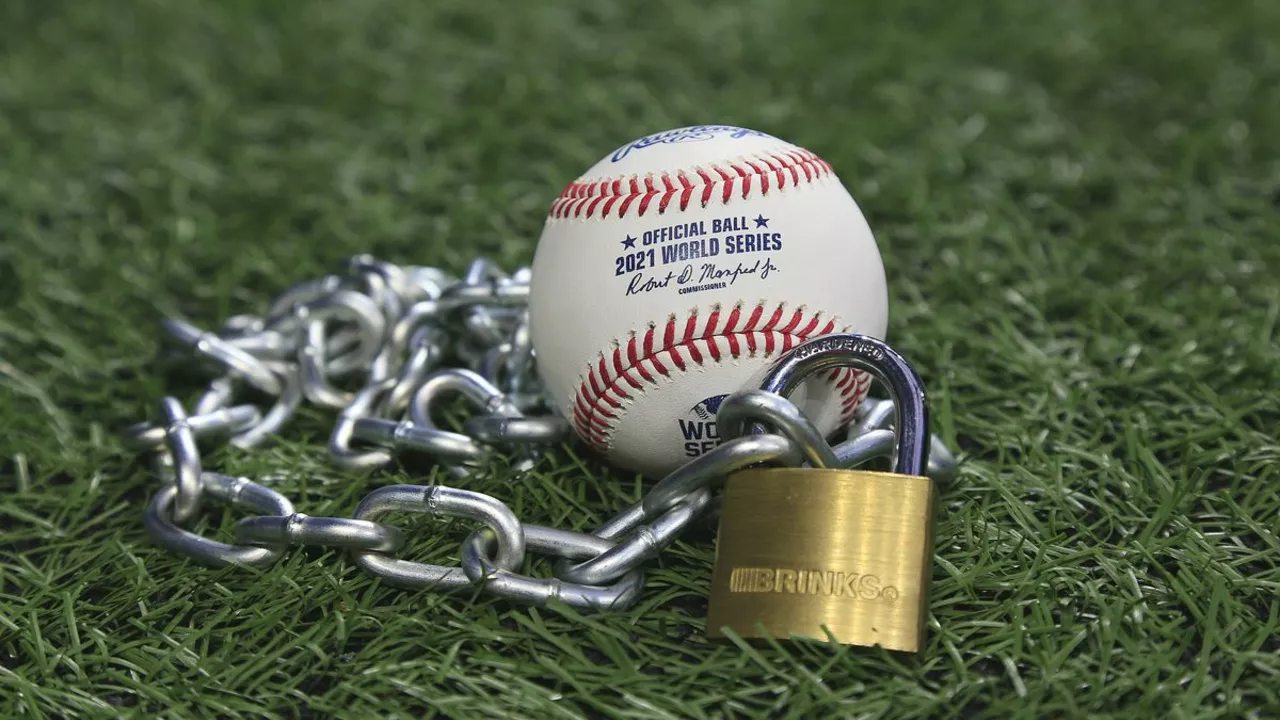Lockout Basics: What Every UK Sports Fan Should Know
Ever wondered why a season suddenly stops or why games disappear from the schedule? That’s usually a lockout. In simple terms, a lockout is when a league pauses operations because owners and players can’t agree on a new contract. It’s not a strike – the players are still willing to play, but the owners lock the doors until a deal is reached.
Why lockouts happen
The money talks. Leagues need to balance player salaries, revenue splits, and salary caps. If owners think the proposed player wages are too high, they may shut down the league to force a new deal. Sometimes it’s about protecting the long‑term health of the sport, like keeping costs in check so the league stays profitable. In the UK, we’ve seen this mostly with football’s lower leagues and rugby, where TV deals and sponsorships can shift dramatically.
How lockouts affect fans
For fans, a lockout feels like a broken promise. Tickets you bought might be refunded, and the excitement of a new season vanishes. But there are a few silver linings. Merchandise sales often drop, so you can snag a jersey at a discount once play resumes. Also, the pause gives teams time to sort out logistics, which can lead to a more competitive season later.
Staying informed is key. Follow official league announcements, not just rumor blogs. Many clubs post updates on social media and email newsletters, so you know when negotiations are back on track. If you’ve already bought tickets, check the refund policy – most clubs honor refunds or offer credits for future games.
Betting markets also react fast. Odds shift dramatically when a lockout is announced, and you can use that volatility to your advantage if you’re into sports betting. Just remember the legal age and gamble responsibly.
While a lockout can be frustrating, it’s usually temporary. The longer the dispute drags on, the more pressure builds on both sides to compromise. Fans, sponsors, and media all want the action back, so a resolution typically comes before the next major tournament or season start.
In the meantime, keep your love for the sport alive by watching classic matches, reading biographies, or even playing the game locally. The passion doesn’t disappear just because the league hits pause.
When the lockout finally lifts, you’ll be ready to enjoy the season with fresh insight into what went on behind the scenes. Knowing the why and how makes every goal and tackle feel even more rewarding.

Why can't MLB owners sign free agents during a lockout?
In simple terms, Major League Baseball (MLB) owners cannot sign free agents during a lockout because all player transactions are frozen. The lockout, a work stoppage initiated by the owners, halts all operations that include players. This means no trades, no signings, and no usage of team facilities by players. It's a tough situation, but it's a tool used by the owners to exert pressure during contract negotiations. Ultimately, the game suffers as the fans eagerly await the resolution.